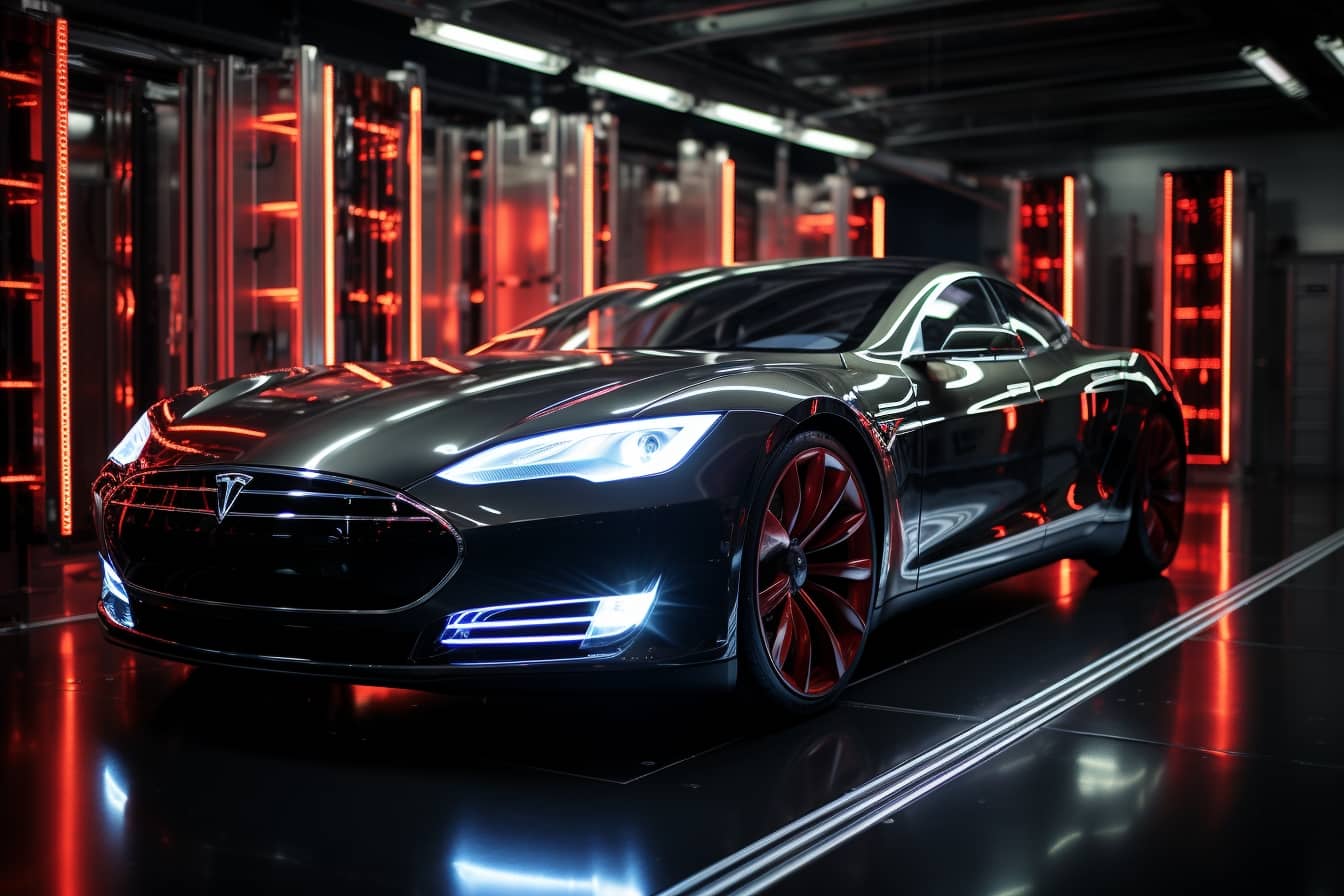Imagine a future where cars not only drive themselves, but do so better than any human. This is not a fantasy from a science fiction movie, but Elon Musk's ambitious vision for Tesla. And at the center of this vision is Dojo, a supercomputer that represents a billion-dollar bet.
Supercomputer Dojo: The brains behind autonomous driving
First mentioned by Elon Musk during an investor day Tesla in 2019, the Dojo supercomputer was built specifically to train machine learning models needed for video recognition and processing.
This will allow Tesla cars to become fully autonomous. But what does it really mean? Imagine a machine that can “see” and “interpret” its surroundings like a human, but with precision and speed that are even beyond human capabilities. At least that's the goal. AND the project it became fully operational as of this month.
The importance of data
“To copy us humans, you would have to spend billions of dollars on computing training,” Musk said. And he's right. Training complex machine learning models requires huge volumes of data.
And who has more data than Tesla, with all the telemetry coming from its vehicles? Spoiler: none in the world. Musk pointed out that with 2 million training examples, the supercomputer's "human driver simulation" system "barely works." But with 10 million, it becomes credible. Indeed, incredible.
And Tesla has access to more data than any other competitor. You do.
The power of Dojo
Speaking about the Dojo supercomputer, Musk revealed that it was designed to significantly reduce the cost of training neural networks itself. And it's not just about savings: Dojo is based largely on Tesla's proprietary technology, starting with the D1 chip.
But what's really new is how these chips are interconnected, creating computing power that Musk says could reach 100 exaFLOPS by the end of next year. To put that into perspective, it's like having the power to hundreds of thousands of modern computers packed into a single supercomputer.

A supercomputer better than humans?
But why all this effort? Because, as Musk pointed out, the goal is not just to make Tesla cars autonomous, but to make them drive better than humans. And with almost 500 million kilometers already driven using the beta FSD (Full Self-Driving) system, this milestone may not be that far away.
Musk sees a future where autonomous driving could significantly reduce traffic accidents, saving countless lives. There are still many challenges to overcome, and I would suggest that Musk no longer (but never ever) say something like "we will have autonomous driving within this year".
With investments like the one in the Dojo supercomputer, though, Tesla is clearly leading the charge toward a safer, more autonomous future on the road.


